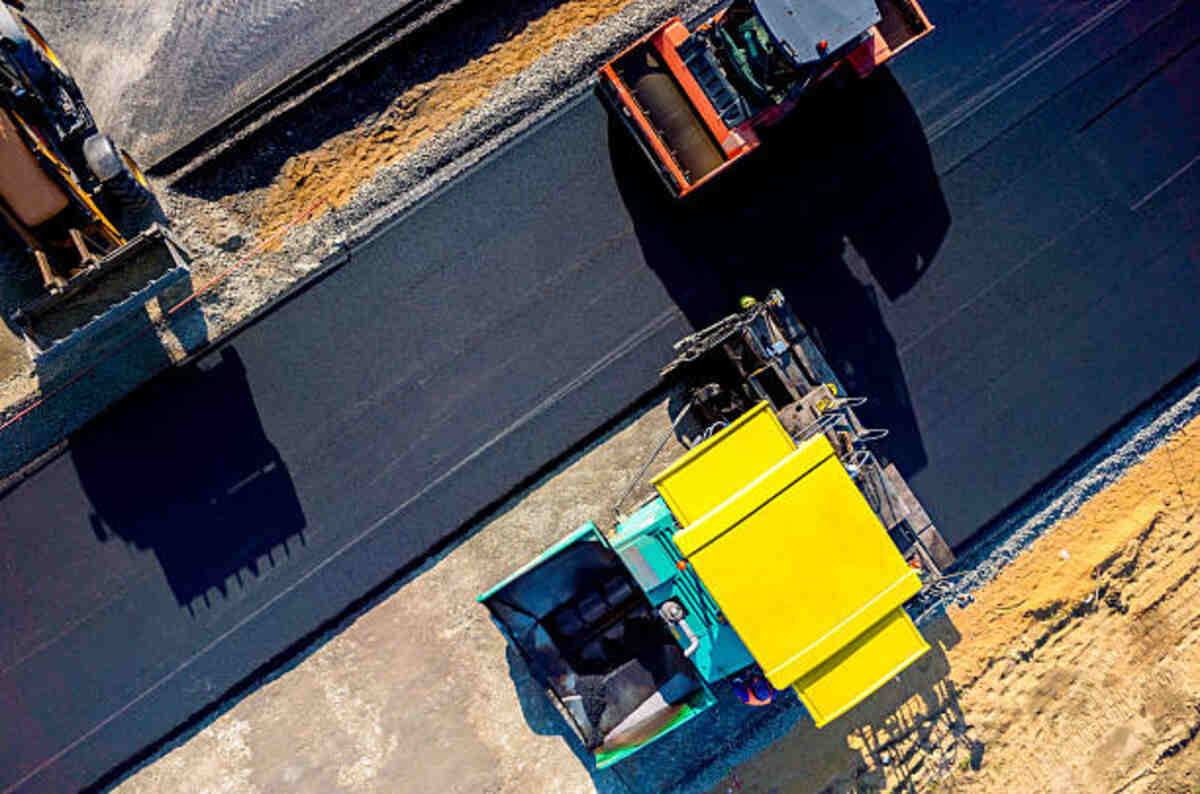An attractive driveway or parking area leaves an excellent first impression for guests visiting your property and can increase its value. The best guide to finding Hometown Asphalt Paving in Oxnard.
Professional pavers have extensive experience evaluating the slope of your property and can ensure proper drainage by installing swales and drains to ensure optimal water management, which will prevent standing water that could lead to pavement cracking and settlement.
Appearance
Paving is a prominent job, so its quality should reflect on the finished product. A reliable contractor will take the time to do the job correctly. A good paver should pay close attention to detail, such as checking that all gauges work correctly. Furthermore, their foreman will ensure the job progresses as anticipated without diverging on unrelated tasks.
An effective paver will understand the significance of adapting his or her pace according to conditions in order to produce optimal results. Too much haste can produce thin mats, while too little dynamism could result in unevenness and an inability to compact material properly.
Crew members operating machinery are just as integral to achieving success on any job site. A great crew should include an expert dump truck driver who understands how to load asphalt safely into his tarpaulin and then quickly travel to its final location. He should remain centered behind the paver without blocking other traffic, listen for signals from his Jumpman, and only stop his truck when he asks him to do so.
A good crew includes someone dedicated to handwork, such as smoothing the edges of the mat. Inexperienced contractors sometimes neglect this step, which causes its edges to shift and recessed areas that don’t hold up under heavy traffic loads to emerge.
Durability
Durability is of utmost importance in paving work. To ensure its long-term viability, the site must first be graded, and any soft areas must be identified and repaired to distribute the load evenly while preventing cracking and settling. Once graded, the gravel layer should then be spread and compacted as a solid base beneath the asphalt surface to help avoid rutting or frost damage and prevent cracking or settlement issues.
An asphalt pavement comprises three layers: the base course, binder, and surface layers. The base course consists of a large aggregate mixed with oil to produce a durable material; bitumen acts as the binding agent that holds everything together. The surface layer needs to address friction, smoothness, noise control, and drainage. High-quality construction standards must be upheld throughout each layer for long-term performance, and this is why many paving companies utilize an APT technique as part of their ongoing evaluation strategy.
Paving work can be one of the largest expenses on any road project due to equipment purchases, labor expenses, and petroleum product prices. But with smart investments and hiring experienced workers, a paving business can still produce reasonable profits if properly managed and planned for. A well-run operation will have a steady job flow as well as a strong presence within its industry.
Safety
Not only should your crew take all appropriate safety precautions to ensure the paving equipment operates optimally and dispenses consistent material, but it is equally as critical that they observe all relevant safety protocols. This includes keeping an accurate record of daily and by-shift inspections as well as developing a pre-shift plan and schedule for fuel and water tank filling, as interruptions from refilling can hinder work efficiency and cost both time and money.
Proper personal protective equipment (PPE) can protect workers from physical, environmental, and chemical hazards. PPE should include dust masks to filter harmful fumes out of the air, gloves to guard against burns and chemicals, eye protection, two-way radio communications between crew members and designated spotters per machine, and protective eyewear, to name just some key examples.
Asphalt mix contains solvents of various toxicity levels, making it essential to identify all chemicals present and train employees on appropriate handling. In addition, all employees who come into direct contact with liquid asphalt must wear respirator masks.
Paving work should take place under dry, moderate-temperature conditions. Extreme heat or cold can soften asphalt, making it more challenging to work with. Furthermore, the ground must be free from obstructions such as utility covers, or powerlines buried underground, and any potential trip hazards should be clearly marked with warning labels or posted signs.
Maintenance
Pavement maintenance includes fixing minor damages and maintaining existing pavement systems, in addition to taking preventive measures such as crack filling and surface treatments to extend road life and increase load-carrying capacity. By keeping up with these tasks regularly, the pavement remains in excellent condition and meets performance expectations.
If a new road is being constructed, excavation work must be conducted by an experienced team to create an even surface for paving. Heavy machinery like bulldozers, forklifts, front loaders, and dump trucks will be utilized to clear away dirt from the area in preparation for asphalt laying; once this has taken place, graded and rolled surfaces can be smoothed out for smooth pavement application.
Paved surfaces must be regularly swept at regular maintenance intervals to remove dirt and debris that could stain the pavers and to weed-wack and clear away weeds and debris that collect in the surface’s cracks. Spring is a perfect time for this cleaning activity to take place more thoroughly.
Along with cleaning the surface, it is also crucial to inspect an asphalt paver regularly. Manufacturers advise daily checks on its auger drive chains, conveyor chains, and drive tracks for loose fasteners or excessive wear; additionally, it would be prudent to change out engine oil monthly.
